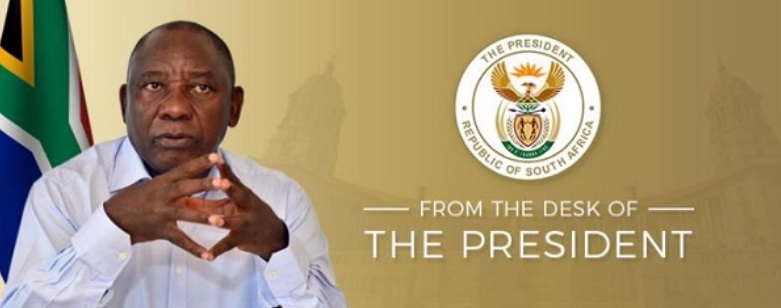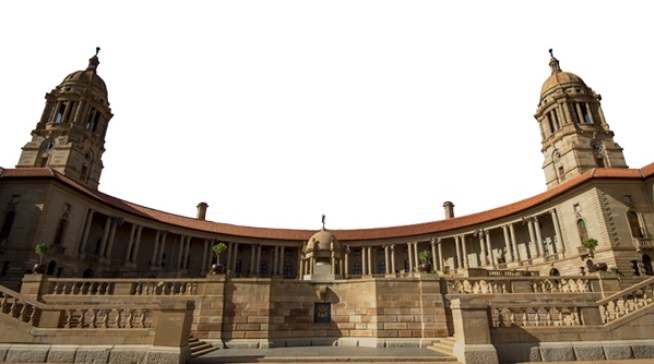
Dear Fellow South African,
As the festive season makes way for the start of the new year, many South Africans have been returning home from different parts of the country. Some people have been visiting family, while others have been exploring new places.
This is a time of year when we get to appreciate why our country is such an attractive destination for visitors. We are blessed with natural splendour that is an integral part of our national heritage. It is an asset to our economy that every year draws millions of tourists from around the world to our shores.
Over the past week I was in the Western Cape and visited Robben Island, which is one of the country’s major tourism attractions. A leading industry publication recently ranked the Robben Island, alongside Table Mountain and the Kruger National Park, as among the top tourist attractions on the continent.
Beyond the substantial natural resource endowments of our beaches, national parks and biodiversity conservation areas, cultural and heritage tourism is also thriving in South Africa.
We are home to 12 UNESCO World Heritage Sites. These include Robben Island and the Cradle of Humankind in Gauteng, which has among the largest known concentrations of Hominid fossils in the world.
Last year, the World Economic Forum ranked South Africa as Africa’s premier tourism destination. It said this was due to factors such as our business operating environment, information technology and tourism infrastructure and services.
Following a slump in tourism numbers as a result of the COVID-19 pandemic, inbound tourism is on the rise. In 2023, South Africa recorded around 8.5 million international tourist arrivals. These visitors spent over R95 billion.
Domestic tourism is the mainstay of the tourism economy. Between January and July last year, South Africans took over 21 million trips to explore their country.
Our tourism sector has the potential to be even larger than it currently is.
We are scaling up a range of tourism promotion strategies to restore inbound tourism figures to pre-pandemic levels. These strategies include an improved tourism visa regime, streamlining the tour operator license process, increased investment in tourism infrastructure and services, and improving safety and security at tourism sites.
The tourism sector in South Africa employs about 1.5 million people both directly and indirectly. Through the Presidential Employment Stimulus we continue to support job creation by providing work opportunities for young people as tourism monitors in different provinces and supporting tourism-related SMMEs.
Tourism is a growth area for small business development. In line with the global shift towards sustainability, figures from South African Tourism show that increasing numbers of new tourism ventures are centred around sustainable tourism and eco-friendly business practices.
This year we will host the first ever summit of the G20 on African soil. We will use this opportunity to profile and actively promote South Africa as a tourism destination of choice.
According to UN Tourism, the G20 economies represent over 70% of all international tourist arrivals worldwide and 82% of tourism’s global GDP. Just as Brazil did last year during its hosting of the G20 Summit, South Africa will promote the role of tourism in creating jobs and advancing sustainable development in the countries of the Global South.
The Government of National Unity has identified the growth of tourism as a vital part of creating employment. In October last year, the Minister of Tourism released a new White Paper on the Development and Promotion of Tourism in South Africa. This will guide our approach to building a sustainable, competitive and inclusive tourism industry.
By working together as government, business and communities, we can ensure that the natural splendour of our country becomes a driver of economic growth, job creation and shared prosperity.
With best regards,
President C. Ramaphosa
